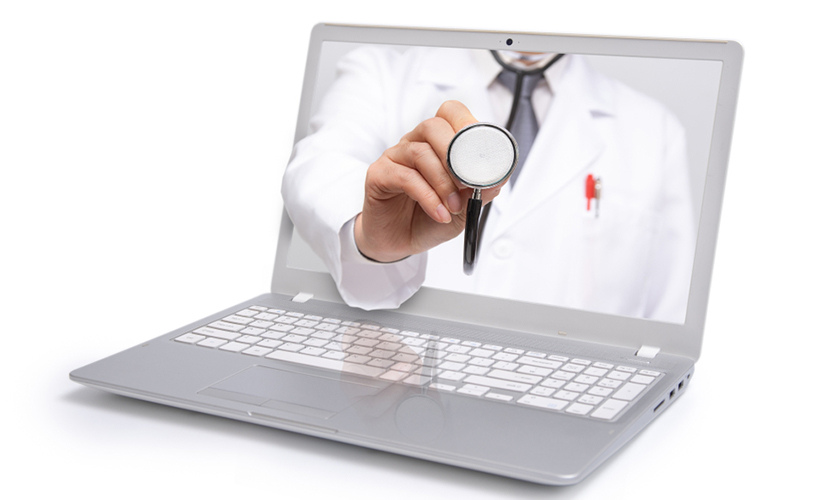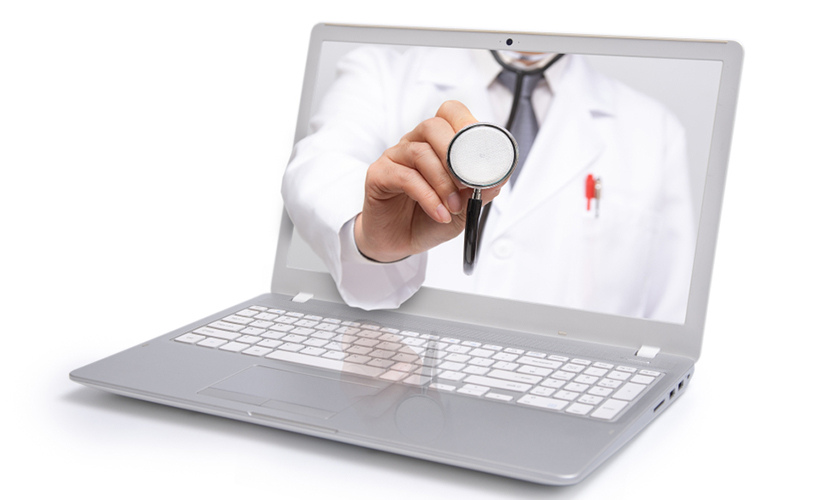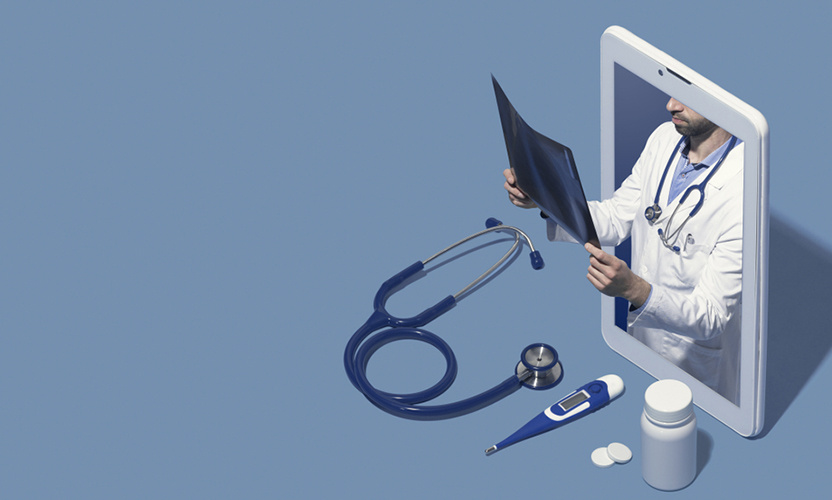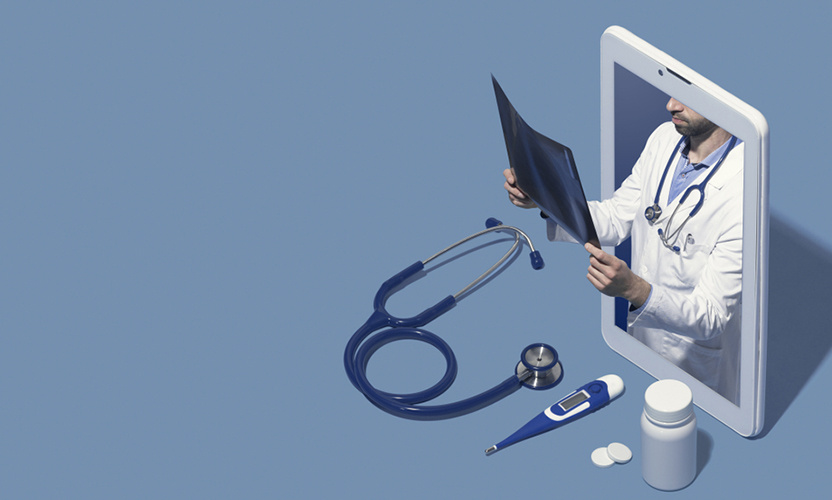The benefits and risks of telemedicine
Recently, telemedicine, which provides healthcare remotely using telecommunications and information technologies, has grown in popularity. Despite its many benefits, it also carries some risks for patients and healthcare providers.
One of the main benefits of telemedicine is increased access to healthcare for people living in remote or underserved areas. By using telemedicine, patients in these areas can receive medical consultations, diagnoses, and treatments without having to travel long distances to see a healthcare provider. This can save patients time and money, and can also improve their health outcomes.
Telemedicine can also improve the efficiency and effectiveness of healthcare delivery. By using telemedicine, healthcare providers can reach more patients in a shorter amount of time, and patients can receive care more quickly and easily. This can help to reduce wait times for appointments and improve patient satisfaction.
Another benefit of telemedicine is that it allows for more convenient and flexible healthcare delivery. Patients can receive care from the comfort of their own homes, and can schedule appointments at times that are convenient for them. This can make it easier for patients to adhere to their treatment plans, which can improve their health outcomes.
There are, however, some risks associated with telemedicine. One of the main risks is that it can lead to the overdiagnosis and overtreatment of certain conditions. Without the ability to conduct a physical examination, healthcare providers may be more likely to order unnecessary tests or prescribe unnecessary medications.
Another risk is that telemedicine may not be as effective as in-person care for certain conditions. For example, telemedicine may not be able to provide accurate diagnoses for conditions that require a physical examination.
Furthermore, telemedicine raises concerns about privacy and security. Electronic health records and other sensitive patient information must be protected from unauthorized access and breaches, and telemedicine providers must comply with the regulations and standards of data privacy and security.






Overall, telemedicine offers many benefits for patients and healthcare providers, but also carries some risks. It is important for healthcare providers and patients to weigh the potential benefits and risks of telemedicine before deciding to use it.
Therefore, telemedicine can revolutionize healthcare delivery and enhance access to healthcare in rural and underserved areas. However, it is important to consider the risks and ensure that patient privacy and security are protected.
The articles and information within this website are my sole opinion and derived from my sole experience. They are meant for general information purposes only and is not meant to substitute professional dietary and/or health advice or treatment. If you have or suspect you may have allergies or medical issues which may be affected by certain foods, or have or suspect you may have any illness and/or disease and/or chronic ailment and/or other, you should promptly contact your health care provider. Any statements regarding diets and/or nutrition and/or health are to be used at your discretion and are not intended to diagnose, treat, cure or prevent any disease.























